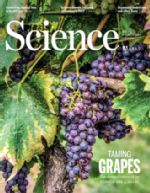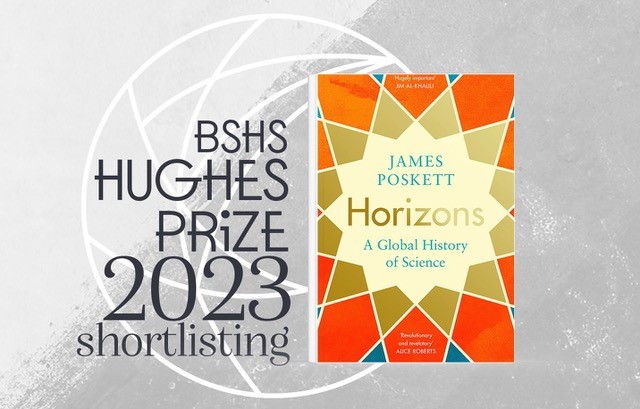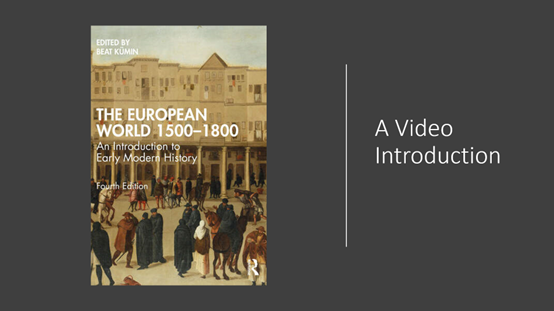Departmental news
New Book: 'Caring for Cultural Heritage' by Dr Charlotte Woodhead
Dr Charlotte Woodhead takes a unique and exciting approach to examining how law and non-law instruments look after cultural heritage in the UK in her new book, 'Caring for Cultural Heritage'.
Publication success for Warwick Law School Alumnus
Congratulations to our former PhD student Professor Adithya Chinapanti who has recently published a new book titled Law, Development, and Regulatory Globalization: The World Bank's Impact on India's Electricity Sector.
Global History Prize dissertation 2021-22 published
The International History Review journal has published an article by History alumnus Sam Matthews Boehmer, winner of the Global History Prize dissertation from 2021-22.
Read the full article "Questionable Allies: British Collaboration with Apartheid South Africa, 1960–90" here.
Horizons shortlisted for the 2023 BSHS Hughes Prize
Horizons: A Global History of Science (Penguin, 2022) by Dr James Poskett has been shortlisted for the 2023 British Society for the History of Science Hughes Prize.
The Hughes Prize "is awarded every two years to the best book in the history of science (broadly construed) published in English which is accessible to a wide audience of non-specialists.”
The European World 1500-1800: An Introduction to Early Modern History Fourth Edition
Drawing on Warwick’s longstanding core module for the period, numerous early modernists have collaborated on a textbook which first appeared in 2009. Now in its fourth edition, The European World 1500-1800: An Introduction to Early Modern History (London: Routledge, 2023) has been adopted by many universities and used by generations of students across the globe.
To mark the latest updates, which include two new chapters – on ‘Environments’ and ‘Food & Drink Cultures’, a fresh ‘all colour’ look and additional print as well as online features, Beat Kümin (editor) and William Rupp (assistant / website editor) have recorded a teaser & full video introduction at the historic church of Berkswell just a few miles from campus.
We hope that it will whet your appetite to find out more about The European World on the Routledge homepage and our companion website!
Two domestications for grapes
 Professor Robin Allaby gives his perspective in Science, on the evolutionary events that led to grape domestication. The article made the front cover.
Professor Robin Allaby gives his perspective in Science, on the evolutionary events that led to grape domestication. The article made the front cover.
Read the paper (3 March 2023)
New Book: 'Shakespeare's Strangers and English Law' by Professor Paul Raffield
Professor Paul Raffield's new book 'Shakespeare's Strangers and English Law' was published by Hart/Bloomsbury on 26 January 2023, his third sole-authored book on the subject of Shakespeare and the Law. Through analysis of five plays by Shakespeare (Measure for Measure, The Comedy of Errors, Troilus and Cressida, The Merchant of Venice, King Lear), Paul Raffield examines what it meant to be a ‘stranger’ to English law in the late Elizabethan and early Jacobean period.
Warwick included in ancient DNA compilation celebrating Nobel Prize
 Nature Portfolio has compiled a collection of key ancient DNA papers in celebration of the Nobel Prize in Physiology or Medicine award to the field’s principal pioneer, Svante Pääbo, which includes the work of Professor Robin Allaby published in Nature Reviews Methods Primers. The paper outlines the best current methodological approaches to the field, the wide range of applications possible and ethics involved. The primer is freely available for a month.
Nature Portfolio has compiled a collection of key ancient DNA papers in celebration of the Nobel Prize in Physiology or Medicine award to the field’s principal pioneer, Svante Pääbo, which includes the work of Professor Robin Allaby published in Nature Reviews Methods Primers. The paper outlines the best current methodological approaches to the field, the wide range of applications possible and ethics involved. The primer is freely available for a month.
The Nobel Prize was awarded in particular for the discoveries concerning the genomes of extinct hominins and human evolution which has dramatically changed how we understand human evolution and contributes to our understanding of modern-day human physiology. At Warwick, Professor Allaby has applied ancient DNA to past genomes of crop plants which is rewriting our understanding of domestication, recently reviewed in Trends in Ecology and Evolution.
Rajnaara Akhtar featured in UK Conversation
Warwick Law School's Dr Rajnaara Akhtar has written a piece for The Conversation UK (published on the 2 August 2022) on marriage laws in England and Wales and the need to update outdated legislation. 'Your dream wedding might not be legal - time to update England's old-fashioned marriage laws.'


